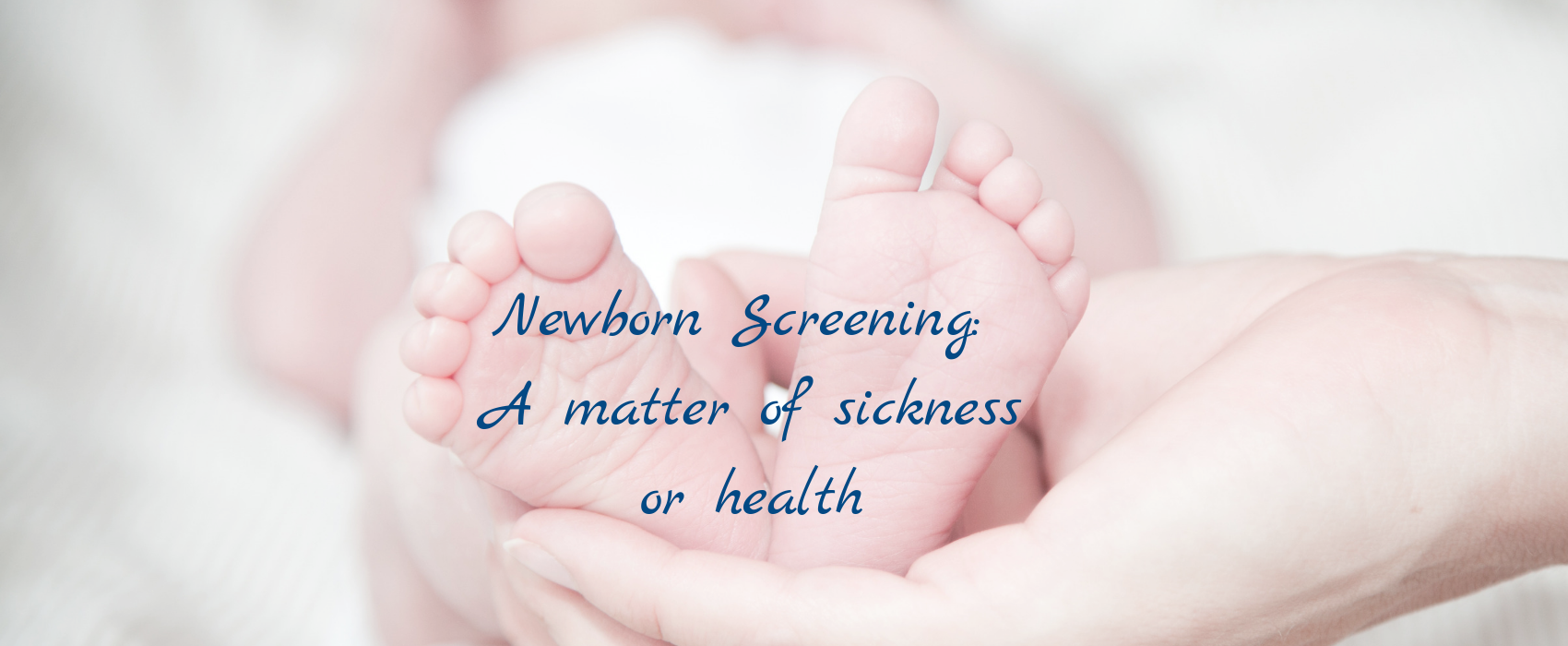September is Newborn Screening (NBS) Awareness Month!
Newborn screening is a public health service done by all states to identify conditions not noticeable at the time of birth, but that may cause serious disability or even death if not treated quickly.
Each year, millions of babies in the U.S. are routinely screened for over 30 treatable conditions, 24 to 48 hours after delivery.
A “heel stick” provides blood drops that are collected on sterile, absorbent filter paper to detect genetic, endocrine, and metabolic disorders. Most states also include a hearing test in newborn screening, and many states also measure the amount of oxygen in a baby’s blood to identify infants who need to see a heart specialist immediately prior to discharge from a hospital or birthing center. To ensure accuracy, some states require a second blood test when an infant is 10 days to 2 weeks old.
Early detection, diagnosis, and intervention can prevent death or disability and enable children to reach their full potential.
For more information visit:

